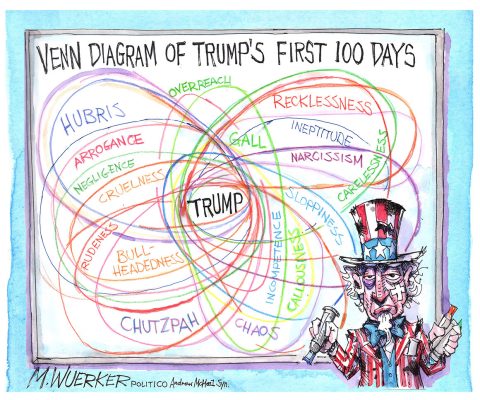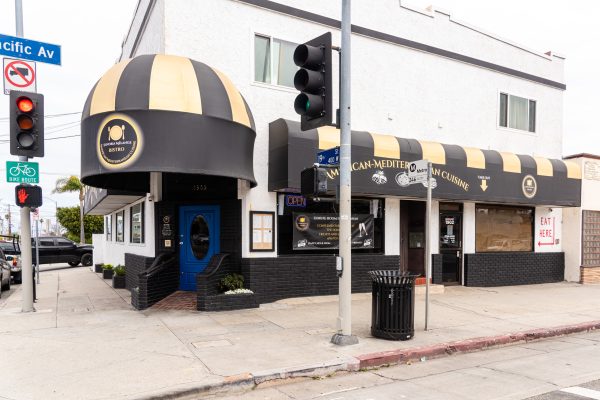
Hermosa Beach activist Jim Lissner is once again on the road to regulating Hermosa Beach bar options. This time he has submitted an initiative he hopes to add to the November ballot regulating hours of operation for local bars, establishing a midnight and 1 a.m. closing time.
“I’ve thought for a long time that we’ve had a problem, but I never was able to convince the City that we had a problem,” said Lissner. “Now they agree that there’s a problem, but they basically did nothing about it.” At Tuesday’s council meeting he vocally announced his initiative, asking the council to avoid wasting time and adopt the initiative or put it on the ballot without the necessary signatures.
Walter Hastey, the general manager of Hennessey’s warned the council that adopting the initiative would cause greater repercussions and put a lot of people out of businesses.
“We need to come up with a solution working with the police, as we have, rather than everyone closing up early,” Hastey said.
The council had no comments for either speaker.
Lissner has been an active voice in Hermosa’s fight to curtail drinking, alcohol-related noise and violence. He has routinely challenged applications for liquor licenses in Hermosa, but has only been successful delaying approvals. He successfully challenged Sharkeez’ expansion plans after the establishment burned in 2006. In 2011 he qualified an initiative for the ballot that would have raised business license fees astronomically on many nightspots, before backing down and publicly opposing his own initiative, which failed to pass.
In early September, the City Council sought to incentivize closing earlier for late-night establishments in exchange for parking, cash or other specific concessions such as allowance for live entertainment, space for dance floors or changes from beer and wine service to general alcohol. The “No Intensification” amendment to the municipal code also added criteria for granting modifications to the conditional use permits (CUP) of bars or restaurants, thereby restricting expansion in the hopes establishments will voluntarily limit their hours. The City Council also instituted a cap on the number of late-night establishments that serve alcohol, although the council can make an exception to the cap at any time.
“We have a threshold we’re watching and we have an issue we’re trying to solve and we need to start containing,” said Councilmember Michael DiVirgilio at the September meeting.
The September amendment’s intent was to stabilize the number of late night alcohol establishments and prevent an increase of late night hours to “tame the city’s night life.”
“They’re basically saying that they’re okay with the status quo and we should keep our fingers crossed that maybe they’ll be able to work the number of places down or hours back,” said Lissner in a recent interview. “I don’t see them doing it voluntarily even though they’ve been offered the incentive program.”
If residents pass his proposal, Lissner intends to take proactive action within the city to actively restrict closing times to midnight and 1 a.m. over a period of five years.
“It’s time to look if we can do something by the initiative because the elections are coming up,” said Lissner. “They did their no intensification, and we still have the problem, so I decided to do it.”
Hermosa Beach has a population of 19,506, according to the 2010 U.S. Census. City Attorney Michael Jenkins said that Lissner has six months to acquire at least 10 percent of residents’ registered voter’s signatures, or nearly 2,000, in order to place the item on a general election ballot. Lissner would need 15 percent for a special election.
“I think the hours are important because frankly unless you cut the hours there’s no other way to give the people who live in the area additional peace and quiet at night,” said Lissner. “People who live down there are entitled to be able to sleep at night. Plus, all the authorities say that the real late night hours are the problem; the later it goes the more problems there are.” ER








